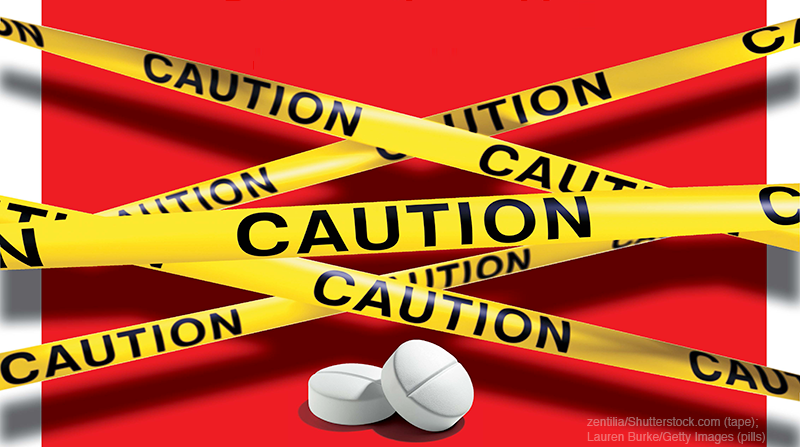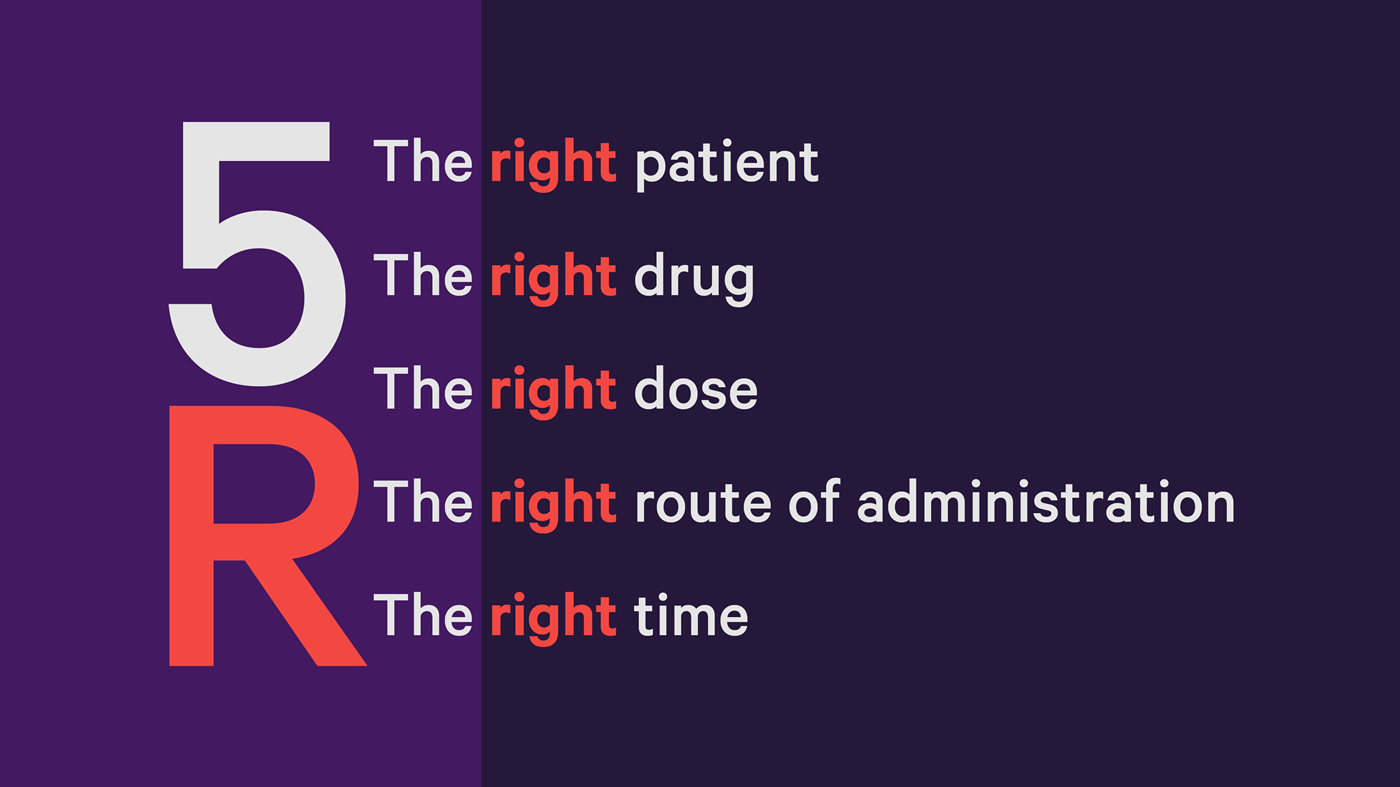Medication Administration Errors in Nursing
Medication administration errors in the healthcare setting continue to be a leading cause of patient injury and death.
What are medication administration errors?
Medication administration errors are a common occurrence in the healthcare setting. Human error plays a major role in in these events. For nurses, there are Five Rights of Medication administrations: Right patient, right medication, right dose, right time, and right route. Any time this medication rights are not followed, a medication administration error may occur. A medication administration error can lead to significant injury to a patient or even death.

(SwisslogInspire)
Why does medication Administration Errors Happen?
There are many factors that play a significant role in contributing to medication errors. A study in 2018 used a questionnaire to ask nurses their thoughts about factors that contribute to medication errors (Lee & Lee, 2021). The questionnaire found that many nurses agree that the kind of safety climate at the medical facility, culture of the nursing organization, education levels of the nurses are factors that can increase the risk of having a medication error (Lee & Lee, 2021). Nurse who do not have a clear understanding of the medication they are administering can be at greater risk for having a medication administration error. Martin et al. (2019) conducted an observational study that explored the different units in a hospital that had the highest risk of medication administration errors. This study found that the Trauma unit and emergency department, both high stress units with high-risk patients had an increased number of medication administration errors (Martin et al., 2019).
Are there Systems in Place to Help Reduce Medication Administration Errors?
With the many factors that can contribute to medication errors, having systems in place can help reduce these mistakes and create safer patient care. Collecting data by conducting studies related to medication errors is one way that can help establish this better medication administration systems. One way to collect this data and improve medication administration systems is having healthcare professionals report medication errors. A study in 2010 asked fifty-six medical professionals to fill out different scenarios about various medication administration errors (Sarvadikar et al., 2010). This study found that nurses and pharmacists are the most likely to report less serious and very serious medication errors (Sarvadikar et al., 2010). Reporting medication mistakes and analyzing why and how they happened can help researchers and medical professionals reduce these mistakes from happening in the future. These reports have led to new systems being instated into hospitals.
One creation is the Electronic Medication Administration Record (eMAR). The eMAR has many benefits; a study conducted in 2019 in Canada surveyed five-hundred and fifty-four nurses. The nurses survey answers showed that benefits of the eMAR are that it provides better access to important patient information, helps reduce medication incidents, and helps nurses have better time management (Fei et al., 2019). Another system that has greater impacted better medication administration is the barcode system. The barcode system allows nurses to scan medications into the eMAR before administering the medication. This helps to ensure that the right patient is receiving the right medication. Although the barcode system is not completely mistake proof, it has shown to decrease medication administration errors. Lunt et al. (2020) conducted a questionnaire where fifty-five emergency department nurses in Canada were asked about the barcode system being installed in their emergency department. Many of the nurse agreed that the barcode system was easy to master but, the barcode system is not always practical for the emergency department; a high risk setting where medication decisions may need to be made quickly, without scanning them into a system. Although there are no medication administration systems that are completely without faults, it is important to keep improving these systems and using them to the best of their ability in order to prevent medication administration errors.
What can Patients Do To Prevent Medication Administration Errors?
Patients put a lot of trust into their nurses to provide the right care and give the correct medication. Although nurses go to school and must take an exam before they are licensed to practice, medication errors can still happen. So, what can patient do to help prevent these errors? Patient can help by being their own advocate; writing down the medications they take at home and reviewing them with their nurse as well has the healthcare team. During medication administration, patients show ask questions about the medications they are being given. This will help educate the patient about their medication and allow the nurse to take a double check at the medication they are giving. Patients have the right to advocate for themselves and work with their nurses to review their medications and prevent mistakes and medication errors.
References
Fei, L., Robinson, J., & Macneil, A. (2019). Case study: Using electronic medication administration record to enhance medication safety and improve efficiency in long-term care facilities. Canadian Journal of Nursing Leadership, 32(2), 102–113. https://doi.org/10.12927/cjnl.2019.25958
Fomuso, L. (2020). How to prevent becoming a victim of Medication Errors/Dr. Lusia Fomuso/ TEDxPleasantGrove – youtube.com. Youtube.com. Retrieved February 23, 2022, from https://www.youtube.com/watch?v=h7ok9TzEHys
Lee, H. Y., & Lee, E.-K. (2021). Safety climate, nursing organizational culture and the intention to report medication errors: A cross-sectional study of hospital nurses. Nursing Practice Today. https://doi.org/10.18502/npt.v8i4.6704
Lunt, C., & Mathieson, K. (2020). Emergency department nurses attitudes toward barcode medication administration. Canadian Journal of Emergency Nursing, 43(1), 6–11. https://doi.org/10.29173/cjen17
Martín, M. Á., García, M. M., Silveira, E. D., Martin-Aragón, S., & Vicedo, T. B. (2019). Medication errors in the care transition of trauma patients. European Journal of Clinical Pharmacology, 75(12), 1739–1746. https://doi.org/10.1007/s00228-019-02757-3
Sarvadikar, A., Prescott, G., & Williams, D. (2010). Attitudes to reporting medication error among differing healthcare professionals. European Journal of Clinical Pharmacology, 66(8), 843–853. https://doi.org/10.1007/s00228-010-0838-x
SwisslogInspire. (n.d.). 5 rights of medication. Swisslog Healthcare. Retrieved February 23, 2022, from https://www.swisslog-healthcare.com/en-gb/company/blog/5-rights-of-medication

I found your post to be informative, and believe it is successful in raising awareness of medication administration errors in nursing. It is important for us as both patients or caregivers to pay attention to the medications that are given to us or that we give to someone else, and to try to prevent errors in the administration of medication. The information that caught my attention was how high-stress units with high-risk patients, such as the emergency and trauma departments, had an increased risk of medication administration errors. Many patients admitted to those units may also be unconscious and therefore unable to verify medication or advocate for themselves which may account for some of this increased risk, and that in itself is frightening. I enjoyed the TEDx Talks video clip that you included in your blog and thought the clip provided useful information on how patients can advocate for themselves. I will follow the recommendations suggested by the speaker of the TEDx Talk, which she refers to as “safety belts” when I or my family members take medications.
Good topic and good job!